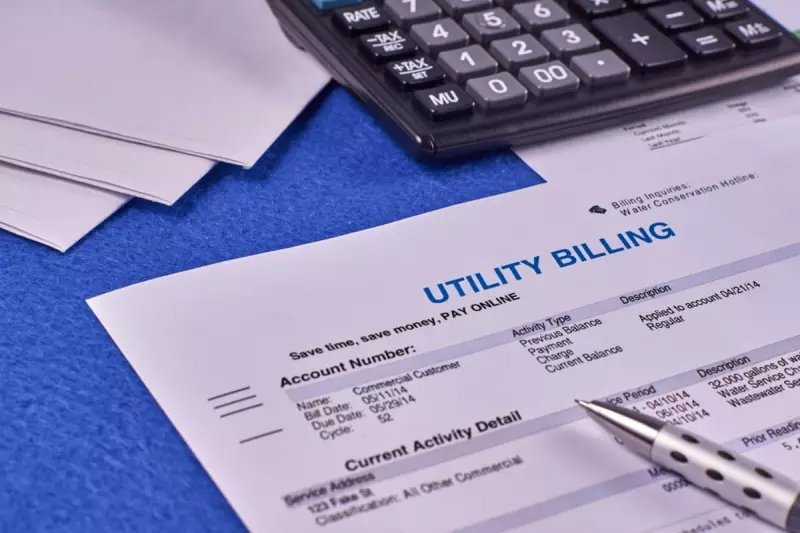
American households are facing a severe financial shock as electricity bills have surged to unprecedented levels during Donald Trump's presidency, according to new economic analysis. The dramatic increase has left millions struggling with energy costs that have outpaced inflation and wage growth.
The Staggering Numbers Behind the Crisis
Recent data reveals that the average US household is now paying significantly more for electricity compared to pre-Trump levels. The analysis shows consistent year-on-year increases that have cumulatively added hundreds of dollars to annual energy expenses for ordinary families.
Key findings from the report include:
- Consistent quarterly price hikes across multiple regions
- Average bill increases far exceeding inflation rates
- Particular strain on low and middle-income households
- Regional variations with some areas experiencing more severe impacts
Policy Shifts and Market Forces Collide
Energy experts point to several factors driving the price surge, including significant changes in energy policy direction. The Trump administration's approach to energy regulation and market management has created both immediate and long-term pressures on electricity costs.
"We're seeing the perfect storm of policy decisions, market volatility, and infrastructure challenges," one energy analyst noted. "The cumulative effect has been devastating for household budgets."
Household Impact and Consumer Struggle
The rising costs have forced difficult choices for families across the nation. Many are cutting back on other essentials to cover their electricity bills, while others face the threat of service disconnection during extreme weather conditions.
- Families reporting reduced spending on food and healthcare
- Increased utility debt and payment arrears
- Growing reliance on energy assistance programs
- Concerns about winter heating and summer cooling costs
Regional Disparities and Vulnerable Communities
While the electricity price surge affects the entire nation, some regions and communities bear a disproportionate burden. Areas with existing economic challenges and populations dependent on fixed incomes are particularly vulnerable to the escalating costs.
The situation has sparked calls for:
- Enhanced consumer protection measures
- Investment in renewable energy alternatives
- Review of current energy policy frameworks
- Emergency assistance for struggling households
As the debate over energy policy continues, American families face the immediate reality of choosing between keeping the lights on and other basic necessities. The electricity bill crisis represents not just an economic challenge, but a fundamental household security issue affecting millions nationwide.





